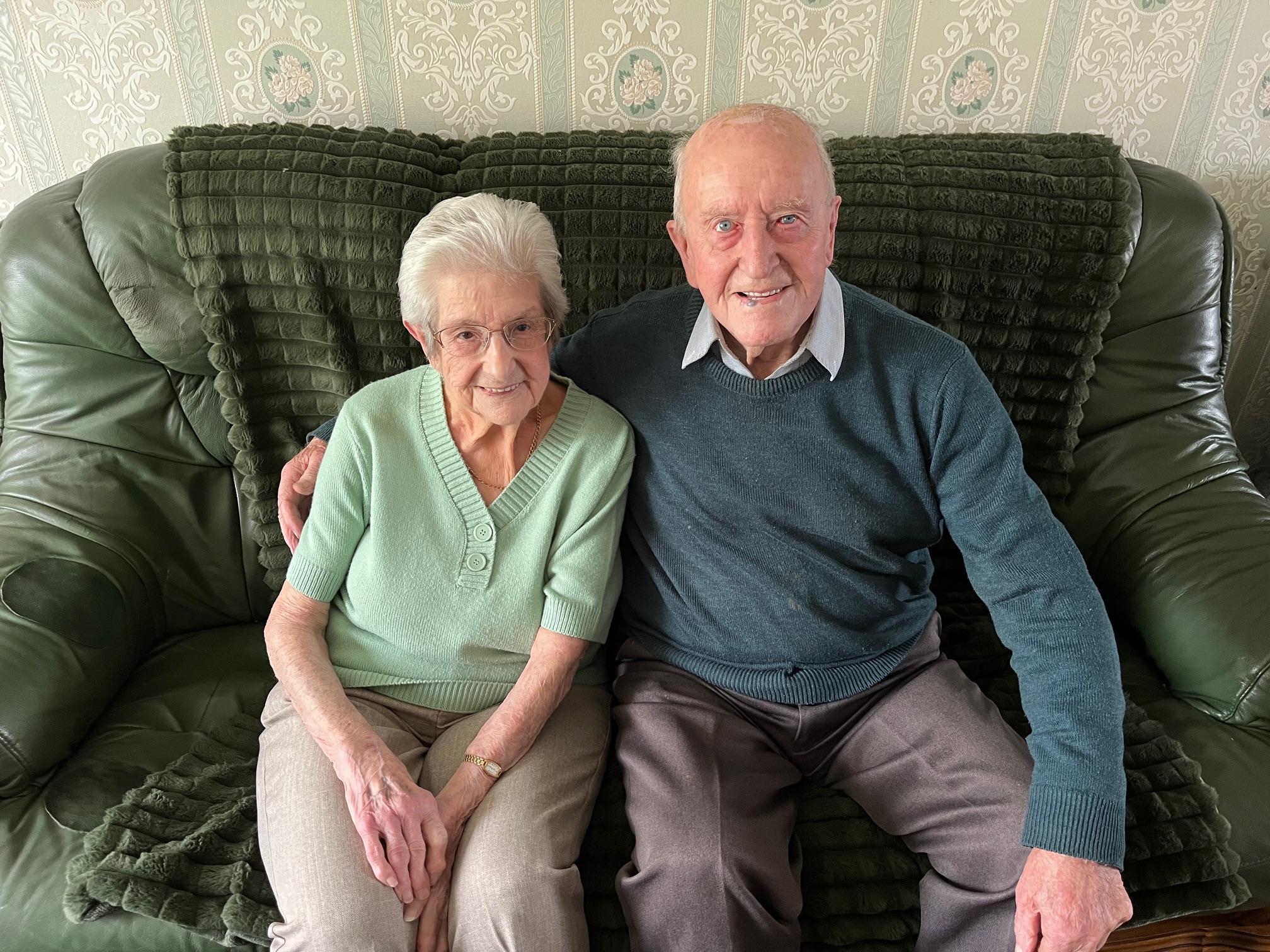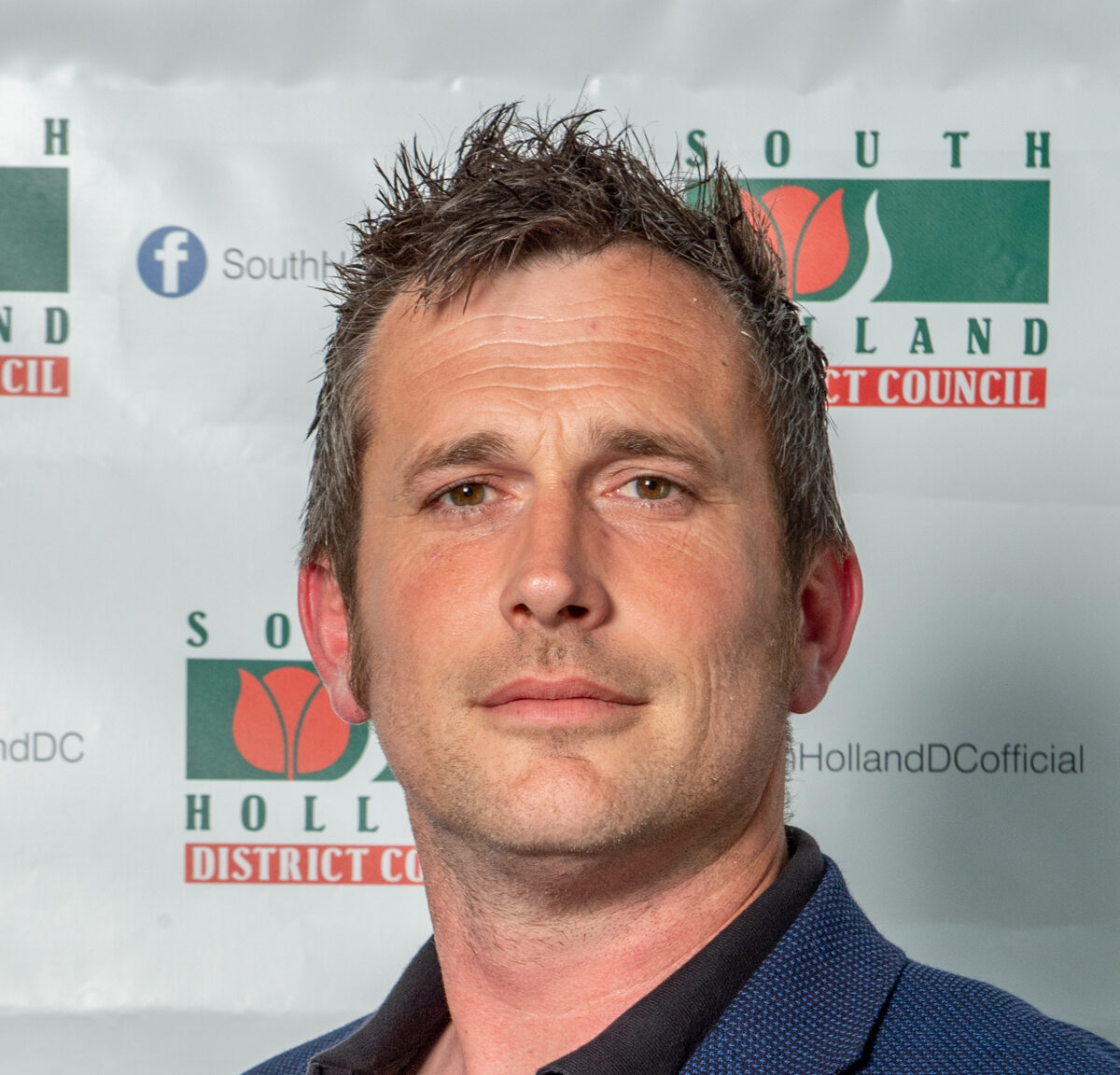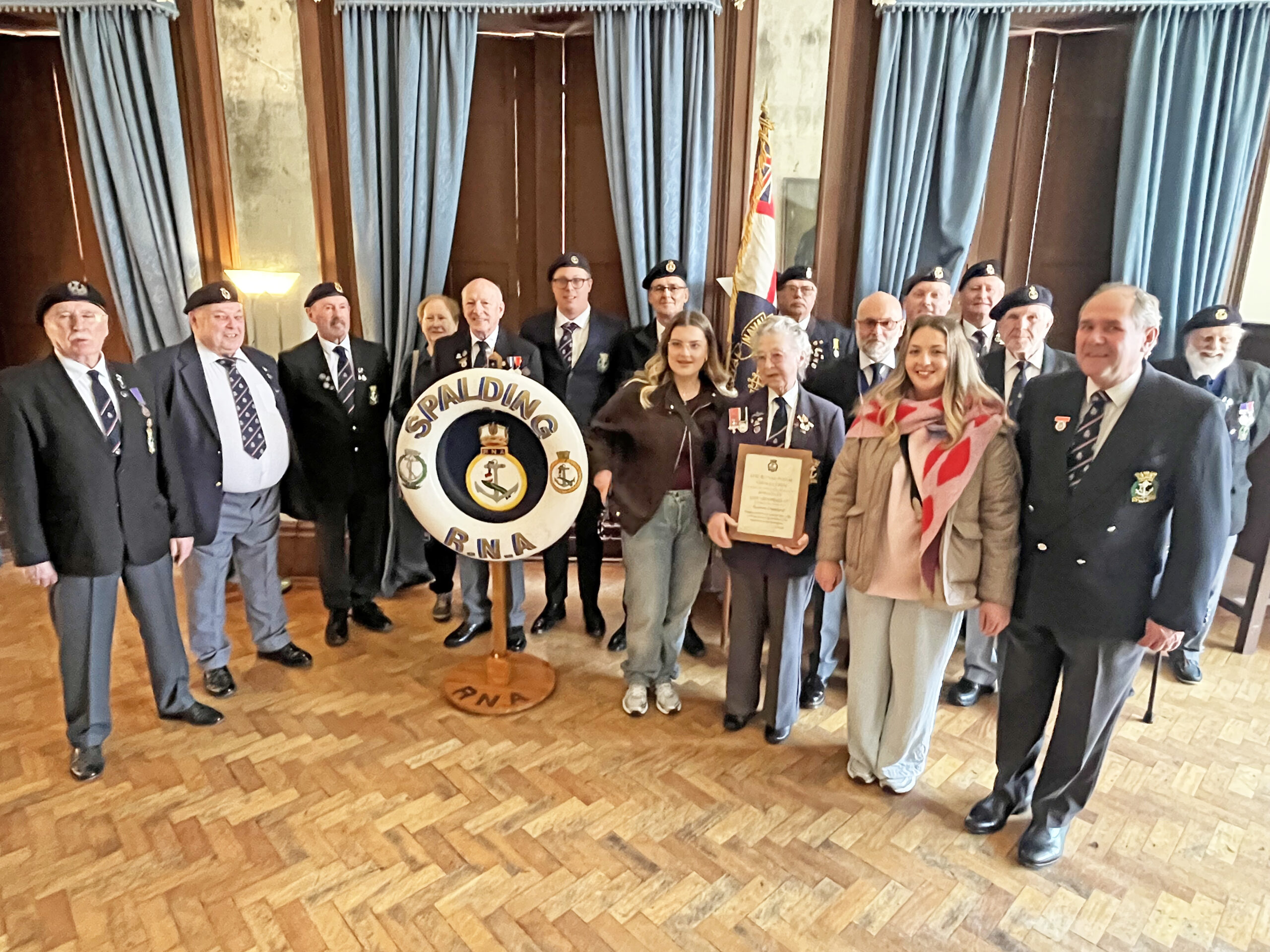South Holland District Council’s share of the council tax is proposed to go up by three per cent and the authority will look to use reserves to reduce the bills.
The tax increase will equate to £5.76 for a Band D property and generate £300,000, the authority’s Cabinet was told on Tuesday.
But that won’t be enough to cover proposed shortfalls, so the council will use its reserves, portfolio holder for finance Peter Coupland told the meeting.
The budget itself has not been finalised due to uncertainties including expected 12 to 15 per cent increases in what the drainage board will ask the council for, a figure the authority is expecting to be well over £3 million.
Leader of the council Lord Gary Porter has called for national support for that.
Coun Coupland said that there are some increased revenue streams, but not enough to cover the rising costs while there’s “no significant help from the government” in terms of more funding.
There are also question marks over what business rates the authority will get, while the housing budgets are also still being considered due to increased costs in materials and pay.
“The document is not as you would normally see,” Coun Coupland said of the “most challenging” budget.
“In my time at the council I’ve not seen so many large cost increases hit us at one time. We still have work to do, so it’s a work in progress.
“The creation of next year’s budget has been one of the most challenging.
“A series of short and medium term mitigations have been identified to balance the budget and these will be detailed further once a final budget is determined.
“The use of reserves will be in the final budget and that is unusual for this council.”
Leader of the council Lord Gary Porter added: “This is probably the most difficult budget setting process we’ve been through that I can recall.
“In 20 years this is the toughest session.
“We’ve got the biggest set of external pressures in terms of wage inflation.
“It’s going to be high, but that’s not to say we shouldn’t be paying it as staff are struggling with all the consequences of their bills going up. We need to do all we can to mitigate the pain they’re going through.
“We’ve got massive increases in diesel costs on the basis we’re one of the most rural councils in the country and have considerably higher costs per household than someone looking after Manchester or London. That won’t be reflected in the final settlement.
“There’s a little bit in there for rural services, but nowhere near enough to compensate for that difference.
“We’ve dearer gas and electricity bills, the same as everyone else.
“The country is now, I believe, being mugged over by the gas and electricity industry, given that wholesale price of gas is next to nothing at the moment and the bills haven’t come to reflect that .
“We’re going to continue to get stung, the same as all the other people we look after.
“The government are wrestling in terms of what support councils get towards energy bills.”
“I think this is going to be a particularly tough time for local government and us, but I maintain, because of the decisions we’ve made in the past, we’re in a better position than some to weather it but we need to convince the government they do need to step in with the drainage boards.
“That’s my only hope, other than a big slew of money coming through.”







